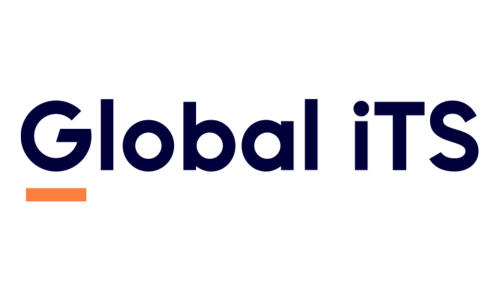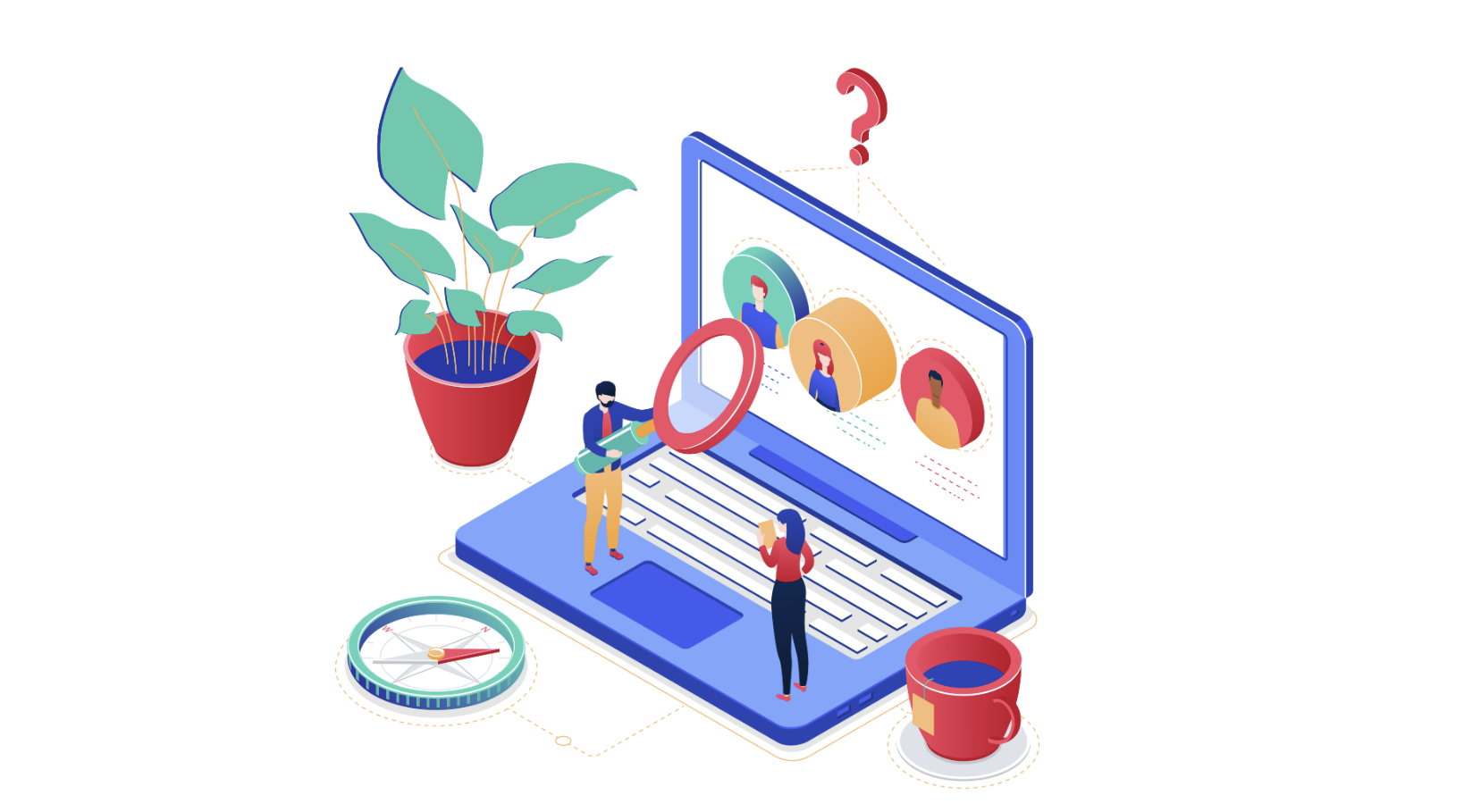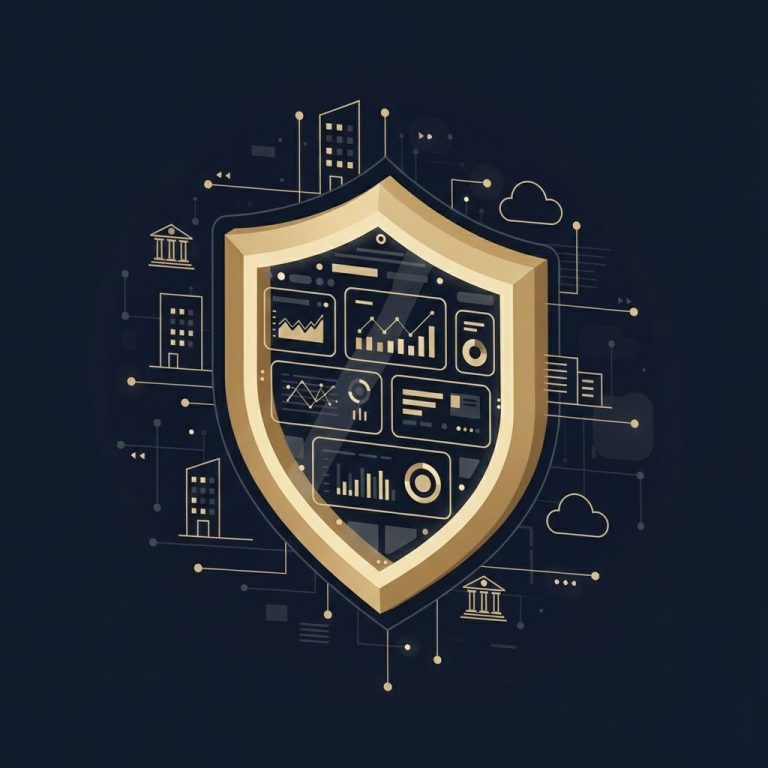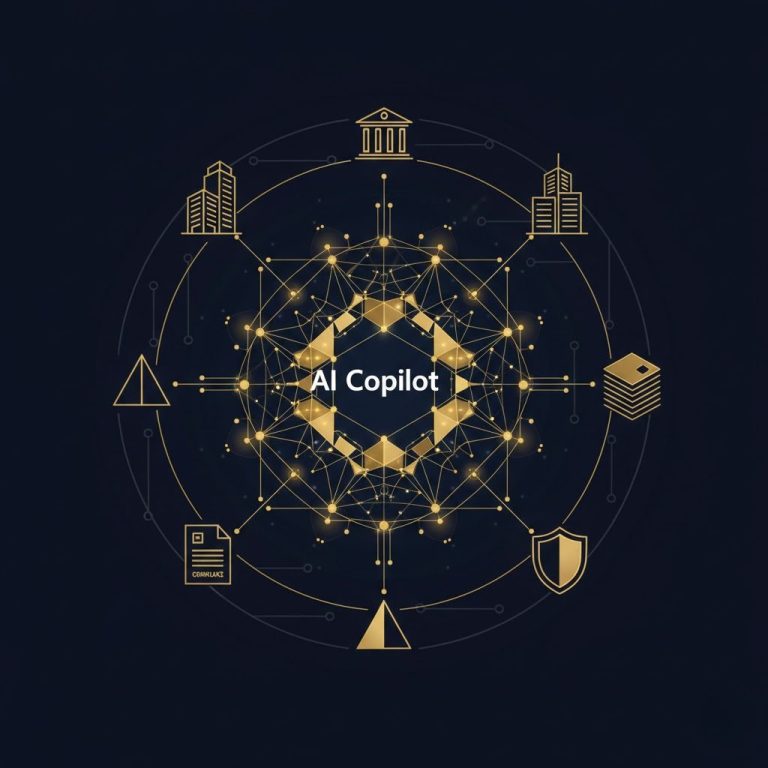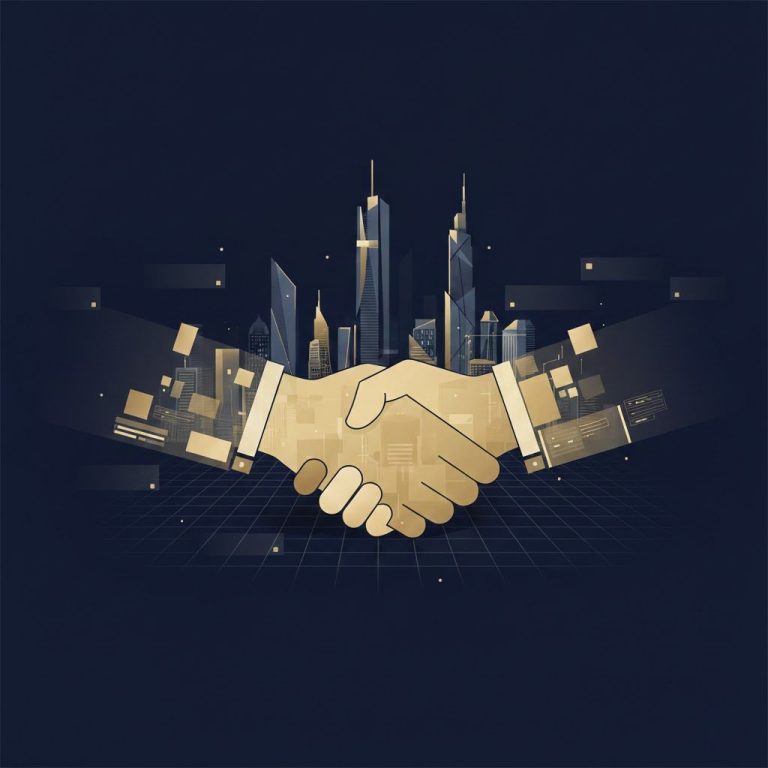Is your HR team struggling with paperwork? Are manual tasks and outdated processes slowing them down? It’s time to upgrade. A modern cutting edge HR system can transform your operations.
What is an HR System?
An HR system, often called HR software, is a comprehensive solution. It automates and streamlines various HR functions. This includes:
- Employee Information Management: It offers centralized storage and easy access to employee data.
- Recruitment and Onboarding: It streamlines hiring processes. This covers job postings, applicant tracking, and onboarding paperwork. Learn more about applicant tracking systems.
- Time and Attendance: It accurately tracks employee work hours, overtime, and time-off.
- Payroll Processing: It handles accurate salary calculations, tax deductions, and direct deposit.
- Performance Management: It provides tools for goal setting, performance reviews, and feedback mechanisms.
- Benefits Administration: It manages employee benefits. This includes health insurance, retirement plans, and flexible spending accounts.
Benefits of Implementing an HR System
Implementing an HR system brings many advantages:
- Increased Efficiency: It automates manual tasks. It also streamlines processes.
- Improved Accuracy: It reduces errors in payroll, benefits, and other HR functions.
- Enhanced Compliance: It ensures adherence to labor laws and regulations. This helps avoid legal issues. Explore resources on HR compliance.
- Better Decision-Making: It provides data-driven insights. This leads to more informed HR decisions.
- Improved Employee Experience: It simplifies processes. Employees gain easy access to information.
Key Features to Look for in an HR System
When choosing an HR system, consider these key features:
- User-Friendly Interface: It should be easy to navigate and use.
- Cloud-Based Accessibility: Access data and perform tasks from anywhere, anytime. This offers great flexibility.
- Mobile Compatibility: A mobile app allows for on-the-go HR tasks.
- Integration Capabilities: It should seamlessly integrate with other business systems. This includes payroll and accounting software.
- Robust Security: It must protect sensitive employee data. Data security is paramount.
Conclusion: Empower Your HR, Drive Growth
Investing in a robust HR system empowers your HR team. It improves employee satisfaction. Ultimately, it drives business growth. A modern HR system transforms your HR department from a cost center into a strategic asset.
END
About Global iTS
Global Information Technology Solutions (Global iTS) is a leading IT company focused on empowering businesses through solutions built on their expertise and partnership with Microsoft Dynamics 365. They specialize in the BFSI sector, with a broad client base in the Financial Services, Insurance, and Investment industries, helping them optimize operations through digital transformation. Global iTS offers comprehensive, industry-specific services tailored to each company’s unique needs. Their commitment is to become the world’s most trusted technology partner for businesses.
Global iTS is Microsoft Dynamics 365 partner and has 11 offices globally, located in Bahrain, Saudi Arabia, UAE, Kuwait, Qatar, Oman, United Kingdom, Jordan, India, Pakistan and Singapore.


